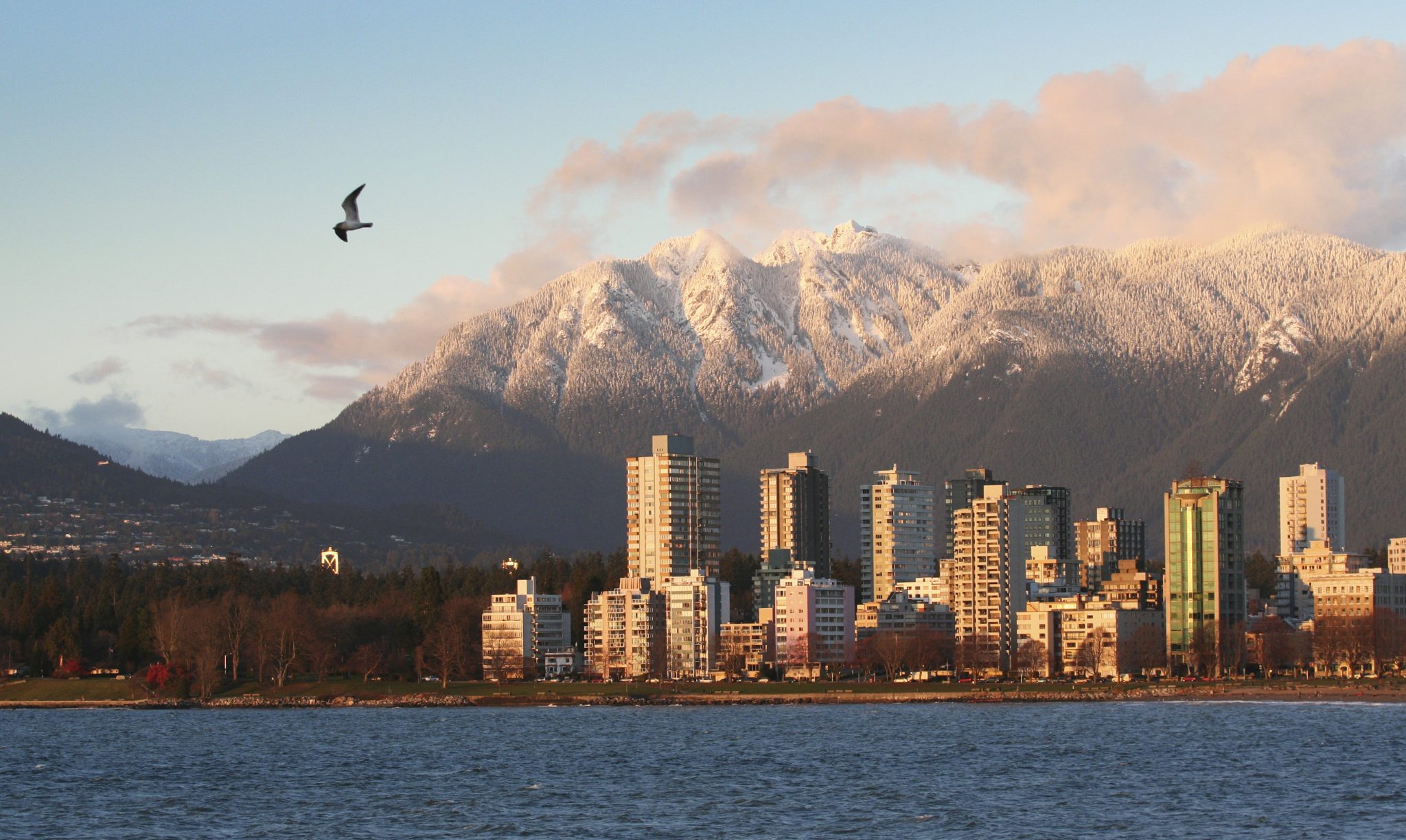British Columbia’s new approach to drug use is a step in the right direction

The government of British Columbia has asked the federal government to make them exempt from certain provisions of the Controlled Drugs and Substances Act. This exemption would decriminalize the possession of small quantities of drugs such as cocaine and heroin in an effort to battle drug use. While traditional methods of tackling drug use in society have been routinely dismissed as ineffective, support for this strategy is mixed.
You’d be hard pressed to find someone who believes that the “War on Drugs,” launched by the U.S. President Richard Nixon in 1971, worked.
In the 50 years since his infamous announcement that drugs were “public enemy number one,” the United States alone has spent almost a trillion dollars attempting to tackle this problem. Despite this, the majority of citizens believe that the “War on Drugs” is being lost, and an increasing number believe that rehabilitation, not punishment, should be the primary vehicle to decrease drug use.
It should not come as shocking information that the mass incarceration of people for non-violent offences does little to better society or the drug problem. It does not address the issue at heart. Rather, it identifies the problem at the endpoint, and then offers no path to rehabilitation and health.
Having a conversation about drug use divorced from conversations about mental health and despair will only yield suboptimal results.
The reason people often choose to venture into the world of dangerous narcotics is because of a lack of meaning in their lives.
It is not, as many people say, a free choice. People who have chosen this path do not do so because they enjoy the experience, and because they enjoy the physical and financial harm that comes along with it.
As is the case with suicide, the use of hard drugs is a case of people trapped in what they see as a losing struggle, looking for anything that resembles as escape from current conditions.
Society has then decided that the solution to people filled with despair who look to drugs as an escape is to punish them, usually with prison time.
I’m no expert on human behavior, but I’d imagine that placing people in this state of mind in cages will not address the root issue.
The criminalization of drugs also makes it more difficult for people who leave prison to find meaning. If you leave prison with a drug conviction, and have no job opportunities, it becomes more likely you will continue on the dangerous spiral of hard drug use.
Decriminalization offers an escape from this endless cycle of abuse. The abuse of the people by the state, that is. If you treat drug addiction as a health issue rather than a criminal matter, the solutions become apparent.
If you dislike drug use and abuse, try first to give people meaning. People who live lives filled with meaning, who are financially secure, and who know there are government systems in place should they need assistance do not suddenly wake up one day with the urge to try heroin or some other dangerous drug. This desire can only come from a place of desperation.
Stop treating non-violent drug addicts like criminals. Treat them like sick people. Treat them in hospitals and do not give them criminal charges. Have systems in place that can help secure employment after drug addiction has been addressed. Have a social safety net that will help people falling into despair.
The “War on Drugs” has and will continue to fail, precisely because it is treated as a war. It’s not a war. Your people see no escape from despair, so they seek out drugs, and then you lock them in cages and act surprised when nothing changes.
The B.C. government is attempting to rehabilitate rather than punish. This is the correct way forward, and god willing the federal government will follow suit.

